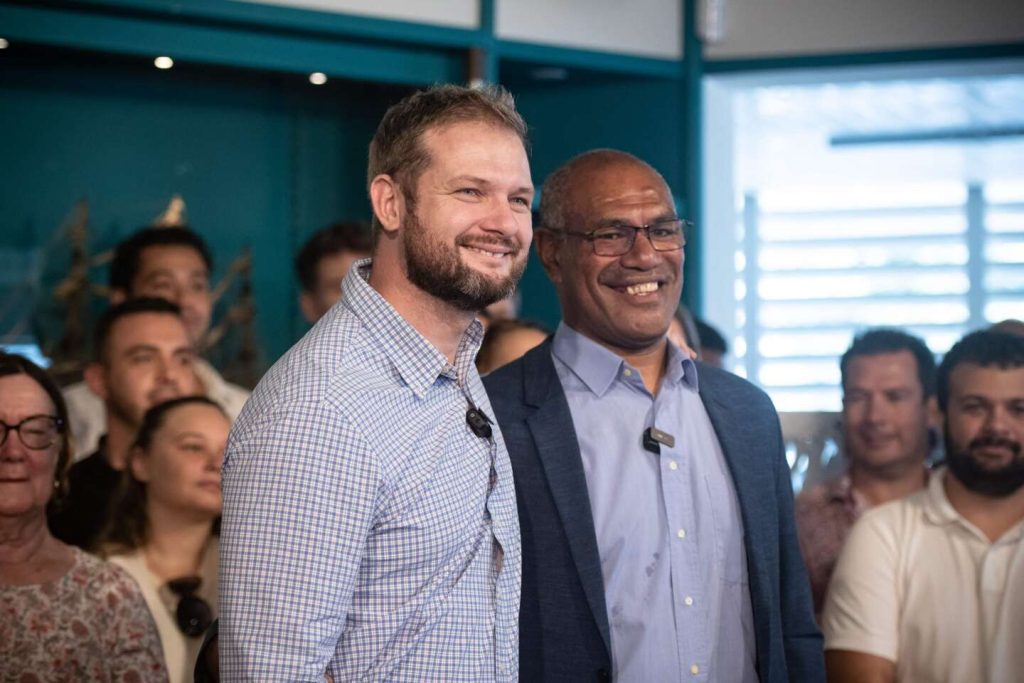On Wednesday, June 19, the streets of the capital of Nouméa became deserted as residents left the city center in massive traffic jams. This exodus followed the arrest of Christian Tein, the leader of the CCAT, a group coordinating protests against electoral reform, which resulted in nine deaths and extensive damages. Tein and ten others were detained on charges related to organized crime, sparking a wave of fear in the community. The UC party, from which CCAT originated, called for calm as security forces surrounded the gendarmerie headquarters where the detainees were held.
Amidst this turmoil, the upcoming legislative elections on June 30 and July 7 seem distant and unrealistic to many, as the situation in Nouvelle-Calédonie remains tense. Guillaume Denis, a local resident, expressed concern over the lack of peace and stability in the region. The political crisis has disrupted the fragile alliances that previously secured parliamentary seats for various parties, raising questions about the impact on the upcoming elections. Philippe Dunoyer, a sitting MP, hopes that the crisis will lead to a dialogue and engagement with the silent majority.
The decision of Nicolas Metzdorf from Générations NC to challenge Philippe Dunoyer in the elections highlights the divisions within the political landscape of Nouvelle-Calédonie. Metzdorf will run in the 1st district, allowing Alcide Ponga of Rassemblement-Les Républicains to contest the 2nd district. The refusal of the ruling party to endorse candidates in the region has left parties like Calédonie ensemble puzzled. Despite previous support from Emmanuel Macron and calls for responsible leadership, the party remains uncertain about its prospects in the upcoming elections given the current unrest in the territory.
The arrest of Christian Tein and the subsequent security measures have heightened tensions in Nouméa, with the community anxious about the impact on the upcoming elections. The events have also raised concerns about the potential influence of extremist groups and the need for a peaceful resolution to the crisis. Political leaders like Philippe Dunoyer are calling for calm and dialogue to address the underlying issues that have led to the current instability in Nouvelle-Calédonie.
As the political landscape in Nouvelle-Calédonie continues to evolve, the fate of the upcoming legislative elections remains uncertain. The decision of parties and candidates to contest the elections in the midst of heightened tensions reflects the complex and challenging environment in the territory. The refusal of the ruling party to endorse candidates has added another layer of uncertainty to the electoral process, leaving many residents and political observers uncertain about the future direction of the region. Despite the challenges, there is hope that dialogue and engagement will pave the way for a peaceful and inclusive political landscape in Nouvelle-Calédonie.


